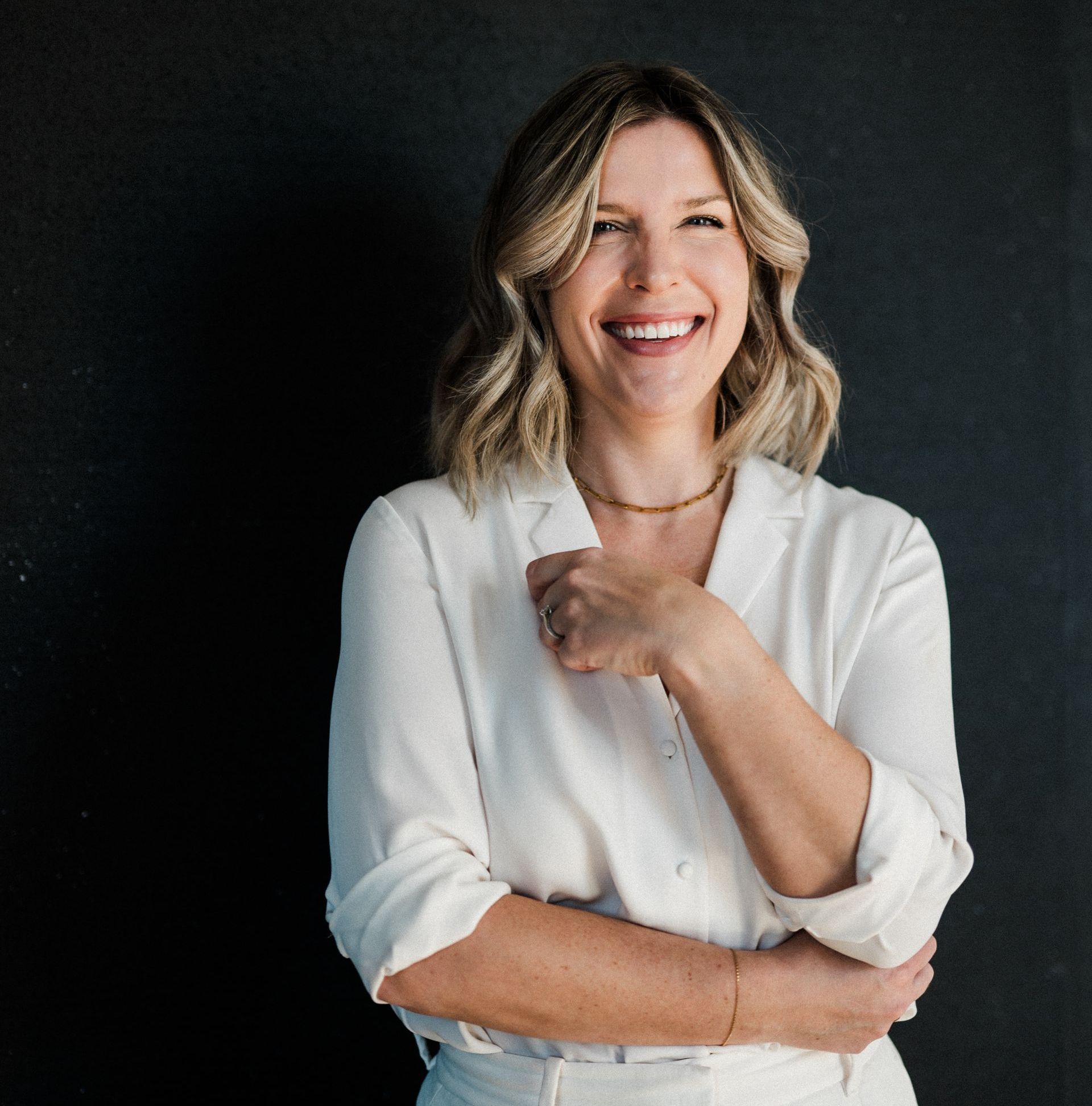Why Downpayment Source Matters
If you’re looking to purchase a property, although you might not think it matters too much, the source of your downpayment means a great deal to the lender. Let’s discuss the lender requirements, what your downpayment tells the lender about your financial situation, a how downpayment helps establish the mortgage loan to value.
Anti-money laundering
Lenders care about your downpayment source because, legally, they have to. To prevent money laundering, lenders have to document the source of the downpayment on every home purchase.
Acceptable forms of downpayment are money from your resources, borrowed funds through an insured program called the FlexDown, or money you receive as a gift from an immediate family member.
To prove the funds are from your resources and not laundered money from the proceeds of crime, you’ll be required to provide bank statements showing the money has been in your account for at least 90 days or that you’ve accumulated the funds through payroll deposits or other acceptable means.
Now, if you’re borrowing all or part of your downpayment, you’ll need to include the costs of carrying the payments on the borrowed downpayment in your debt service ratios. If you’re the recipient of a gift from a direct family member, you’ll need to provide a signed gift letter indicating that the funds are a true gift and have no schedule for repayment. From there, you’ll need to show the money deposit into your account.
Financial suitability
Lenders care about the source of the downpayment because it is an indicator that you are financially able to purchase the property.
Showing the lender that your downpayment is coming from your resources is the best. This demonstrates that you have positive cash flow and that you’re able to save money and manage your finances in a way that indicates you’ll most likely make your mortgage payments on time. If your downpayment is borrowed or from a gift, there’s a chance that they’ll want to scrutinize the rest of your application more closely.
The bigger your downpayment, the better, well, as far as the lender is concerned. The way they see it, there is a direct correlation between how much money you have as equity to the likelihood you will or won’t default on their mortgage. Essentially, the more equity you have, the less likely you will walk away from the mortgage, which lessens their risk.
Downpayment establishes the loan to value (LTV)
Thirdly, your downpayment establishes the loan to value ratio. The loan to value ratio or LTV is the percentage of the property’s value compared to the mortgage amount. In Canada, a lender cannot lend more than 95% of a property’s value. So, if you’re buying a home for $400k, the lender can lend $380k, and you’re responsible for coming up with 5%, $ 20k in this situation.
But you might be asking yourself, how does the source of the downpayment impact LTV? Great question, and to answer this, we have to look at how to establish property value. Simply put, something is worth what someone is willing to pay for it and what someone is willing to sell it for. Of course, within reason, having no external factors coming into play. When dealing with real estate, an appraisal of the property will include comparisons of what other people have agreed to pay for similar properties in the past.
You’ll often hear of situations where buyers and sellers try to inflate the sale price to help finalize the transaction artificially. Any scenario where the buyer isn’t coming up with all of the money for the downpayment, independent of the seller, impacts the LTV.
All details of a real estate transaction purchase and sale have to be disclosed to the lender. If there’s any money transferring behind the scenes, this impacts the LTV, and the lender won’t proceed with financing. Non-disclosure to the lender is mortgage fraud.
So there you have it; hopefully, this provides context to why lenders ask for documents to prove the source of your downpayment. If you’d like to talk about mortgage financing, please connect anytime; it would be a pleasure to work with you.





